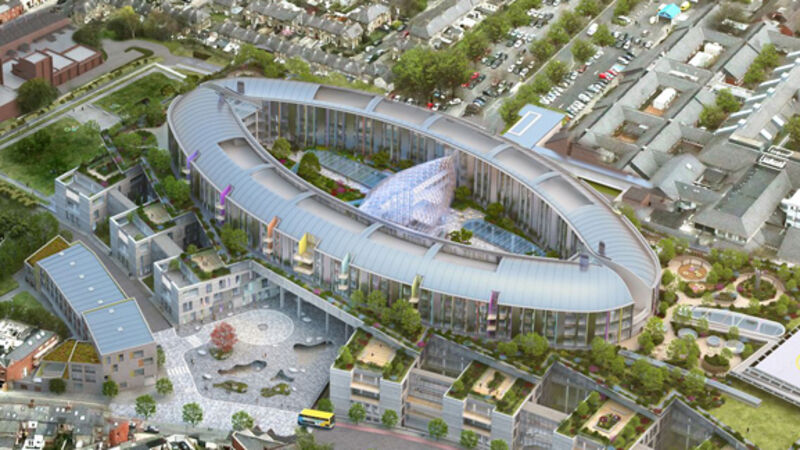Watchdog warning over mooted facial recognition cameras at Children's Hospital

Ireland's data protection watchdog has warned the new National Children's Hospital that if it is considering utilising facial recognition technology in its security systems it would most likely have to conduct an impact assessment first.
It follows concerns raised by the Irish Council for Civil Liberties on foot of reports by US surveillance research body IPVM that the hospital may employ Hikvision CCTV cameras with facial recognition technology.













